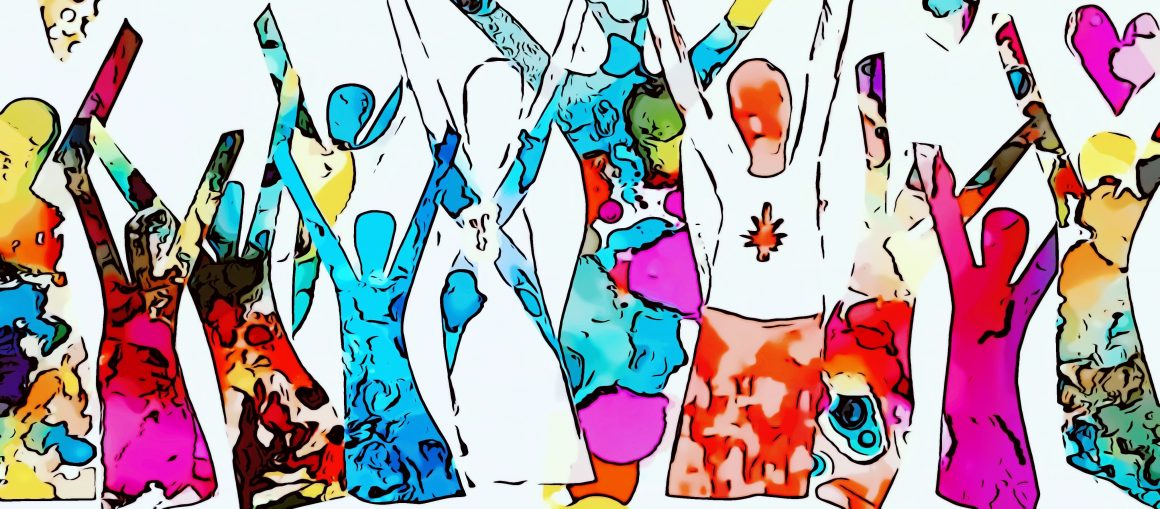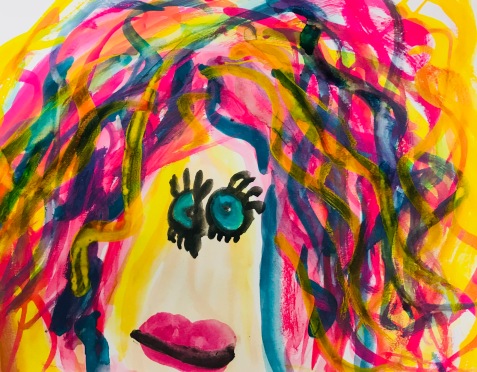
What do I believe are some important lessons for a new School Counsellor to be aware of ? These lessons will not be in order of importance, but are all lessons I feel are worthwhile for you .
Lesson #1: We can’t help everyone, but we can sure try to help the ones that come to us or are referred to us (and yes sometimes we need to go to them).
Students will often disclose very serious issues that you as School Counsellors need to address. Sometimes when you disclose to parents that their son or daughter is thinking of suicide or some other life threatening concern (the end result might be the student may never return to see you). Hopefully you have connected the student and their family to resources that can improve and indeed in some cases save their lives.
It is important for you the new school counsellor to not get discouraged if a student does not return to see you (don’t personalize it). You may have helped the students tremendously and yes indeed you may even save their life, but they will be unaware of just how at this present time in their life. Know that students have stopped me in stores and other places years later to let me know what a difference I made. So hang in there knowing that you did what you needed to do. It would be great to help all students , but unfortunately even if you do everything correct sometimes we lose a student and this will be absoltely devastating. So make sure you always debrief and get help for yourself.
It is also important to be self-aware, so always run by big concerns with another counsellor and see if indeed there was something else you could have done or ask what if anything could you have done differently. Remind yourself that you are in a process of learning.
Consult… consult… consult… a lifelong lesson for ALL School Counsellors.
It is also OK to recognize that you are NOT a match for every student. Hopefully there are other counsellors in your school or outside agencies that you can refer your student to if this happens. I let students know that they have a choice when it comes to counsellors and they need to see the person they feel most comfortable and safe with. Hopefully, that will be you , but if that is not so that is OK too.
Lesson # 2: We need to base what we do on theoretical perspectives that are useful and helpful. Humanists like Carl Rogers and Victor Frankl have impacted me, but so too have others in the field of psychology like Albert Ellis, Irvin Yalom, Fritz Perls, Ed Jacobs, David Burns, Virginia Satir, Donald Meichenbaum, Claudia Black
and Mary Pipher to name a few. There is no one right approach. You need to discover what you believe and make sure the theories work for you and your students.
Each theorist has impacted the way I interact and help students. Along the way I have also worked with some amazing school counsellors , educators and supervisors who have also influenced me in a positive way. Thanks especially to Ed Jacobs, Diane Williams, Deana Helton , Erin Mason , and Helen MacKinnon.
Lesson #3: Find great mentors and learn from them. One of my all time favorites is Ed Jacobs. Ed is a genuinely helpful man as well as being a great therapist. I love how he interacts and works with young and old people alike and makes a positive difference in the lives of others. Check him out on YouTube here:
Lesson #4: There are so many people and resources you can learn from that can impact students in a positive way. I think Leo Buscaglia has the best lessons that can be used in counselling students. I can honestly say I loved Leo . He was and still is an inspiration to me. Which brings me to an extremely important lesson … lesson #5
Lesson #5: Continually professionally develop yourself. Keep learning and learning and learning. One of my new favorite ways to do this is to connect with other school counsellors worldwide on twitter. See my past post on amazing school counsellors and what they are doing. My twitter handle is @sspellmancann. If you are not on twitter sign up TODAY! Join us in #scchat on the first Wed. of every month at 6:30 MT 8:30 ET. Post to #scchat anytime and there is always great resources there for you to access for free.
Lesson #6: Read great counselling books . A few I really like are : Impact Therapy by Ed. Jacobs, Creative Counselling Techniques by Ed. Jacobs, Group Counseling Strategies and Skills Jacobs, Masson, Harvill, Letters To A Young Therapist Mary Pipher, The Gift of Therapy Irvin Yalom, and Mans Search for Meaning by Victor Frankl.
As I think about the lessons I believe a new counsellor should be thinking about I realize that there are some practical considerations that a new counsellor might want to implement. Here are a few:
What are some basics that could be helpful to you as a new school counsellor?
- Write an introduction letter to parents letting them know who you are and what you do and post it on the school counselling and school website. (If by chance your school does not have a website design a letter introducing yourself and put it in the school newsletter ( put it in the newsletter anyway.Tweet this out to students on the school twitter account and post it to the school Facebook account.
- If you engage on social media please remember that NOTHING is PRIVATE ( even if you think it is ). Digital citizenship is a lesson we all need to learn.
- Introduce yourself to as many teachers as you possibly can. In a large school, this will take time.
- Plan to meet with your administration team at THE BEGINNING OF THE YEAR and least once a month. Celebrate what you do and how you are doing. Discuss what the expectations are of a Comprehensive School Counselling Plan and how you can work together to accomplish this.
- Counsellors and admin should be joint leaders in any school.
- Show initiative. Everyone in a school will benefit. If you have some great ideas don’t be afraid to share or try out your ideas.
- Discuss limits of confidentiality with every student. You might want to put a poster of the limits on your office wall.
- Visually make your office a space students want to be in.
- Develop a monthly calendar of things to do and check off when you complete them.
- Have a plan when meeting new students. It is helpful to get a cell phone number so that you can follow-up.
- It might be helpful to keep a notebook of all the things you need to know especially if you are in a new school or counselling a new age group.
- You will want to find a simple and easy way to curate information. I use livebinders and pinterest. They can be extremely helpful tools for new counsellors as well as those that have been around for a while.
- You need to be a positive PR person for the school counseling program , so find many ways to connect with students. Brainstorm with your colleagues ways to make connections with students so that they know who you are and what you do.
- Connect with parents. Let them know through parent council or other means what you do.
- Ask for help. You are not expected to know everything. Utilize the professionals inside and outside of your building for support.
- Learn as you go about the many community resources that are available and put them in a binder or livebinder.
- Don’t be afraid to share your innovative or creative ideas with your counselling team ( if you have one). They and you will benefit!
- BALANCE we all benefit from taking care of ourselves. Don’t burn yourself out in the first year. Practice self-care.
- You have a big learning curve. BE PATIENT WITH YOURSELF.
I am adding one of my live binders called school counsellor resources. Please as in all my livebinders take what you like and leave the rest.
For all of you who are new to school counselling have a wonderful experience and know that what you do absolutely matters.
My next Lessons for a new School Counsellor will be posted soon.
Welcome to the best profession in the world School Counselling.








